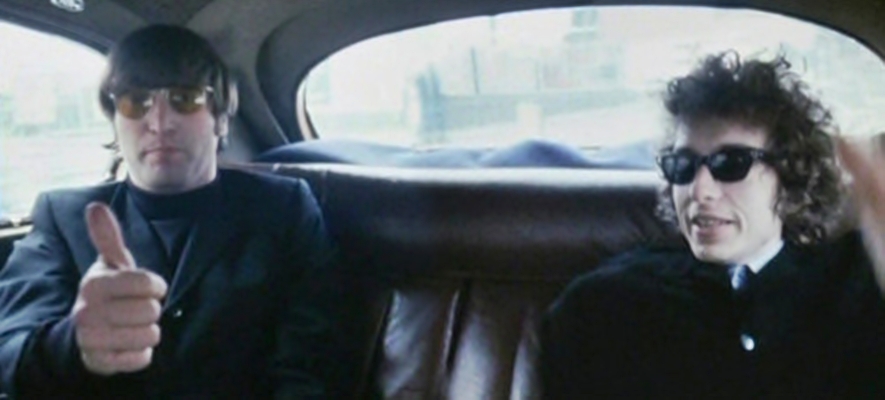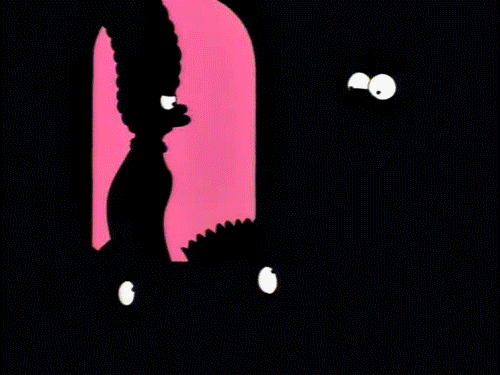Post by Deleted on Jul 25, 2012 19:26:37 GMT

Jul 25, 2012 13:03:03 GMT srk said:

Decent effort for springsteen considering from what I heard on the wireless, no major radio station in the states played his new album.
Springsteen's where the rolling stones are (and oasis were before they broke up)...the new album doesn't matter, he could go on tour with no new album and sell out stadiums.
Which is why that list is utterly pointless to this discussion. Waters is peddling a 30+ year old album and the ticket prices are exorbitant. The only people seeing him are 50-year olds with piles of disposable income. (Hell, I *love* old people music and Waters has played my town twice in the last year and I didn't bother going either time.)
You don't know shit about Rock N Roll. In fact you dont know shit about anything.
The Wall is an enduring dark rock masterpiece.
a ground breaking and innovative record in every way possible. It has the ability to constantly shift, in terms of meaning, sound and visual presentation, and will stay relevant forever.
I suppose once those 50 something year olds die, Roger Waters will cease to have an audience eh?

Congratulations, you've made the single worst post in the history of the internet.

Throughout your career you've been an artist who looks forward and explores. So what is it about The Wall that was worth such attention and reassessment, particularly on this level?
All those years ago when I wrote this piece, I thought it was about me, and about feelings that I had about my Dad being killed at Anzio [in Italy during World War II], how much I missed him, and the fact that I'd made some really poor choices in relationships with women - all of that crap. Which it was.
But in the intervening 33 years, I've realized that because of the theatrical construction of the "wall" - which was an idea that I had back in '77 because of my disaffection with big audiences and stadiums and all that - the power of the metaphor lends the story a much more universal vision and appeal. So I've come to realize it's not about me - it's about anybody that has suffered the loss of a loved one in some kind of conflict, whether it be war or something else. It's about the problems we all face with errant authority, or all the difficulties we all have in relationships with one another, whether they're sexual relationships or political/international relationships.
That excited me about revisiting the piece, and in this most recent incarnation of it making a version that would work in stadiums and ballparks and football stadiums, which is ironic, because my starting point was my disaffection with that situation. But I've come to realize that not only does it work in big spaces, its appeal is such that people in big spaces feel intimately connected with the message. I'm sorry, this is a long and complex answer, but it's a good question.
In the second act, I sing "Vera" walking down steps at the bottom of the stage, and in the last verse of "Vera," I'm just behind the curtain of the stage, and I actually step out and sing the last verse - "Vera, Vera, what has become of you?" - and nobody's looking at me, they're all looking at the screen: a young girl in a classroom meeting her father who's just come back from Iraq or Afghanistan or somewhere. And as I sing the words, "Does anybody else feel the way I do?" I see lots of lips in the audience moving, and I know that it's not just anybody else that feels the way I do. They all feel the way I do. It's just the reality of living a life where those feelings get expression and can affect governments and foreign policy. There is a wall between us and the realizing of our dream of peace, and that is what the show is currently about.
All those years ago when I wrote this piece, I thought it was about me, and about feelings that I had about my Dad being killed at Anzio [in Italy during World War II], how much I missed him, and the fact that I'd made some really poor choices in relationships with women - all of that crap. Which it was.
But in the intervening 33 years, I've realized that because of the theatrical construction of the "wall" - which was an idea that I had back in '77 because of my disaffection with big audiences and stadiums and all that - the power of the metaphor lends the story a much more universal vision and appeal. So I've come to realize it's not about me - it's about anybody that has suffered the loss of a loved one in some kind of conflict, whether it be war or something else. It's about the problems we all face with errant authority, or all the difficulties we all have in relationships with one another, whether they're sexual relationships or political/international relationships.
That excited me about revisiting the piece, and in this most recent incarnation of it making a version that would work in stadiums and ballparks and football stadiums, which is ironic, because my starting point was my disaffection with that situation. But I've come to realize that not only does it work in big spaces, its appeal is such that people in big spaces feel intimately connected with the message. I'm sorry, this is a long and complex answer, but it's a good question.
In the second act, I sing "Vera" walking down steps at the bottom of the stage, and in the last verse of "Vera," I'm just behind the curtain of the stage, and I actually step out and sing the last verse - "Vera, Vera, what has become of you?" - and nobody's looking at me, they're all looking at the screen: a young girl in a classroom meeting her father who's just come back from Iraq or Afghanistan or somewhere. And as I sing the words, "Does anybody else feel the way I do?" I see lots of lips in the audience moving, and I know that it's not just anybody else that feels the way I do. They all feel the way I do. It's just the reality of living a life where those feelings get expression and can affect governments and foreign policy. There is a wall between us and the realizing of our dream of peace, and that is what the show is currently about.
Get Destroyed.















